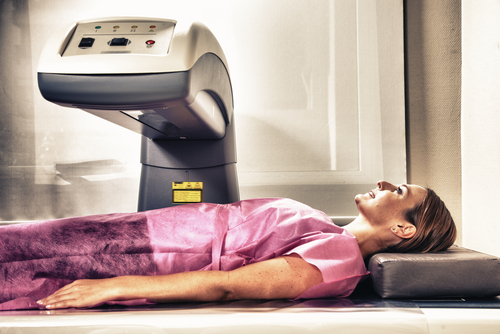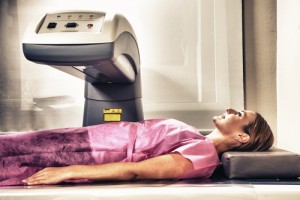MRIs are Revealing Multiple Sclerosis in Patients, Even Before Symptoms Begin
Written by |

 A study entitled “Longitudinal Follow-up of a Cohort of Patients with Incidental Abnormal Magnetic Resonance Imaging Findings at Presentation and Their Risk of Developing Multiple Sclerosis” published in the International Journal of MS Care reports that asymptomatic patients accompanied by Magnetic Resonance Images suggestive of MS are more prone to develop MS.
A study entitled “Longitudinal Follow-up of a Cohort of Patients with Incidental Abnormal Magnetic Resonance Imaging Findings at Presentation and Their Risk of Developing Multiple Sclerosis” published in the International Journal of MS Care reports that asymptomatic patients accompanied by Magnetic Resonance Images suggestive of MS are more prone to develop MS.
Multiple sclerosis (MS) is an autoimmune disease affecting the central nervous system. Currently, there is no cure for MS, which affects more than 2.3 million people throughout the world. The disease is characterized by destruction of the myelin layer within nerve cells. This leads to a wide range of neurological symptoms affecting visual, motor, and sensory capabilities. However, individuals at risk of developing MS are frequently asymptomatic. Thus, the diagnostic criteria have been evolving, and magnetic resonance imaging (MRI) is being used increasingly to assess dissemination of central nervous system lesions in time and space. Diagnosing MS, however, has to include at least one clinical event.
In this study, the authors wanted to determine risk factors for developing MS in patients who presented incidental abnormal MRI but did not exhibit typical symptoms of MS.
[adrotate group=”4″]
Researchers evaluated 30 patients from MS clinic at the Henry Ford Hospital with “abnormal brain MRI” but without any clinical manifestations of MS. These patients were followed during a period of up to 5.5 years.
The authors found that patients who had no symptoms and no MRI results suggestive of MS developed MS during the period analysed. On the contrary, asymptomatic patients who exhibited MRI findings indicative of MS, as measured by the Barkhof criteria, were likely to develop MS. These patients were usually accompanied by abnormal Cerebrospinal fluid (CSF) testing results. Thus, in some patients, occurrence of Radiologically Isolated Syndrome (RIS) is an asymptomatic period before the onset of MS.
The authors suggest their findings are helpful for physicians when deciding for further follow-up tests when presented with patients lacking both symptoms and MRI findings suggestive of MS. Further large-scale tests are needed to confirm their observations that RIS increases the risk to develop MS in a later period and determine additional characteristics that may predict the likelihood of developing MS in the future.


